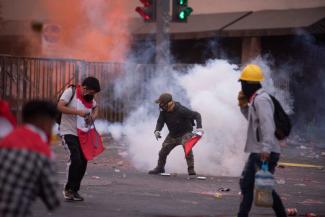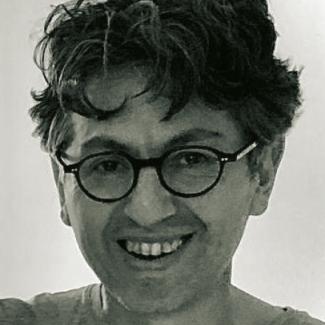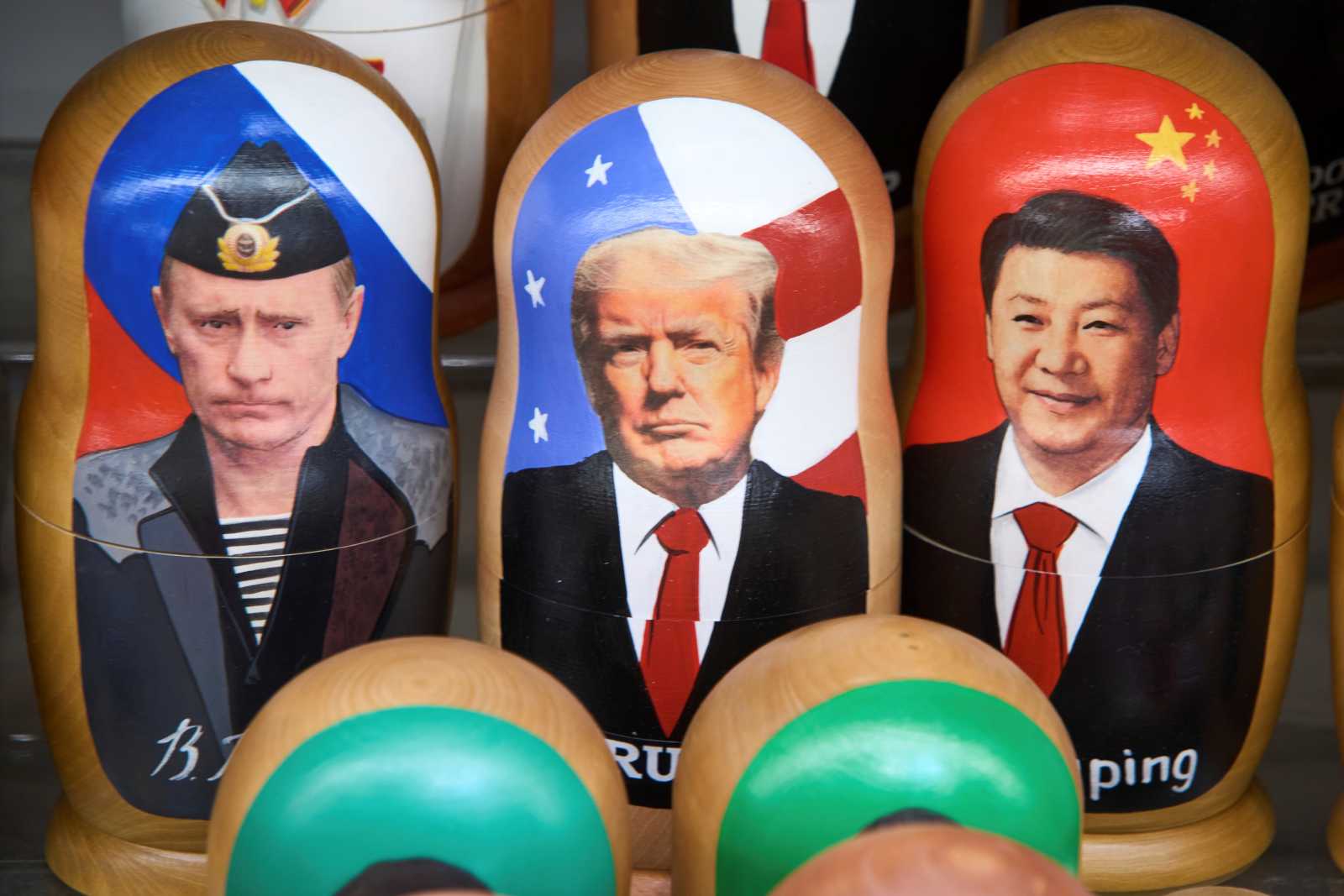Democracy
Peru’s crisis of democracy continues

For many years since the late 1990s, Peru was praised for its macroeconomic stability and growth, relying on principles like fiscal discipline, preventing debt and keeping reserves high. The beneficiaries of this model were the middle class, the economic elite and foreign investors, who lobbied for its maintenance. Hence, it was sardonically called the “automatic pilot”.
Peru’s current political setting provides a stark contrast. All living ex-presidents are under investigation, in detention or serving jail sentences. One even committed suicide to prevent that.
In 2021, Pedro Castillo, a leftist rural teacher and union leader, was elected president. Under him, the country hit rock bottom. Castillo turned out to be remarkably unqualified, doctrinally inconsistent and presumably corrupt. He kept replacing ministers and changing political alliances. He even accepted opponents’ dictates to survive politically. Confronted with fierce opposition, his presidency was a permanent crisis of governance. After one and a half years, after attempting a coup d’état, he was impeached. His vice president, Dina Boluarte, succeeded him in December 2022.
Protesters call for general elections
The situation did not calm down, however. Castillo’s supporters and others took to the streets. They called for new elections, an end to the terms of both Boluarte and the parliament and a new constitution.
The government ignored all these claims. Protesters were criminalised. More than 70 people died in the protests. Polls show an unpopular government, with all three branches close to dropping below a double-digit approval rating. A sense of instability and confrontation is brewing.
Disappointed voters
In every election since the 2000s, Peruvian voters were divided between economic liberalism and social protection policies. To win, candidates had to compromise both. Nonetheless, all previous administrations failed to deliver on social demands. They agreed to the “automatic pilot”, implicitly conceding power to those who benefit from it.
The result was chronic mistrust among voters. Especially in the provinces and rural areas, people kept looking for alternatives on the political fringes. Many felt increasingly excluded, as classism, regionalism and even racism contributed to this trend.
One might say that political parties have practically disappeared from Peru. For quite some time, they have been replaced by circumstantial alliances, which are established right before elections with convenient agendas. None of them had a consistent doctrine or ideology. Electoral victories are rather seen as an opportunity to control government bodies and implement agendas in favour of interest groups.
Scandals and polarisation
Investigative journalists publish stories about political and corruption scandals daily. Examples include police repression causing 17 deaths in a single event, a congressman raping his assistant and ministers and judges faking academic degrees. However, such revelations do not have decisive consequences. The establishment protects perpetrators until public attention subsides.
Peruvian politicians rely on post-truth and culture-war strategies, with the result of movements of both the extreme right and the extreme left ascending from ideological catacombs to the highest political stage. Lately, Boluarte’s illegitimacy eased the ascend of right hardliners, who have seized key government positions and invigorated their positions. This dynamic further splits the country – and exacerbates institutional dysfunction.
In the context of Latin America experiencing a “Pink tide” of left-of-centre governments, Peru’s recent development is certainly unique. There is ample reason to doubt that a political and social consensus can be reached to find a common direction for the country.
Daniel Callo-Concha is a Peruvian author and scientist at the Institute for Environmental Sciences, University of Kaiserslautern-Landau (RPTU), and associated researcher at the Center for Development Research (ZEF) at the University of Bonn.
d.callo-concha@uni-bonn.de
Antonia Bihlmayer studied history, Spanish and German literature. She is currently working at the Haus der Geschichte der Bundesrepublik Deutschland in Bonn.
antonia.bihlmayer@web.de















